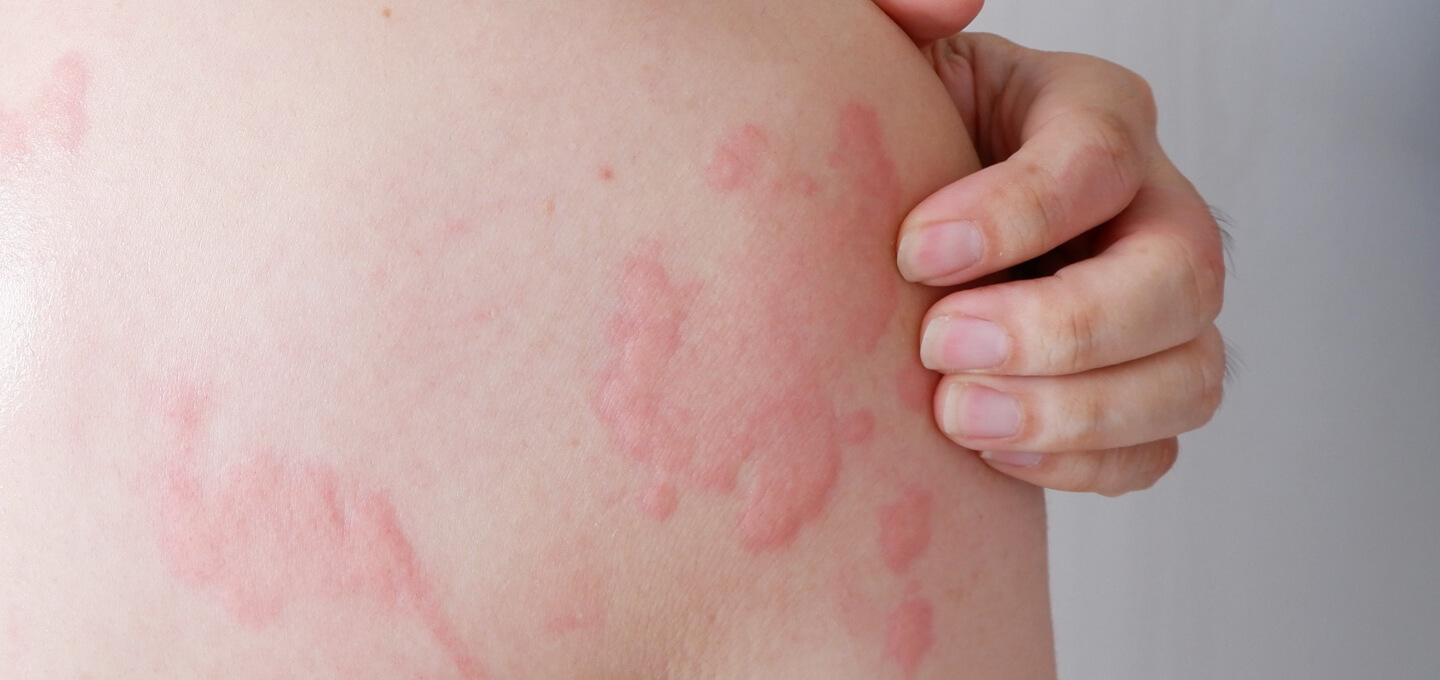Hives can be itchy, uncomfortable, and distressing. Understanding how dermatologists help treat this condition is important. Dermatologists play a crucial role in diagnosing and managing hives. They have the expertise to identify triggers and recommend effective treatments. At Glen Allen Absolute Dermatology & Skin Cancer Center, dermatologists offer specialized care. They aim to provide relief and improve skin health. Let’s explore how these experts tackle hives and what steps they take to ensure better outcomes.
What Causes Hives?
Hives occur when the body reacts to allergens by releasing histamine into the bloodstream. Common triggers include certain foods, medications, or stress. Sometimes, hives appear without an identifiable cause. This makes professional diagnosis essential. Knowing the trigger helps in avoiding it and preventing future outbreaks.
Diagnosis and Evaluation
When visiting a dermatologist, they start with a thorough examination of your skin. They review your medical history and ask about your recent activities, diet, and stress levels. This helps in pinpointing potential triggers. In some cases, dermatologists might perform skin tests or blood tests to gather more information.
Treatment Options
Treatment for hives varies based on the severity and cause. Dermatologists may recommend:
- Antihistamines to reduce itching and swelling
- Topical treatments for soothing the skin
- Prescription medications for chronic cases
These treatments aim to relieve symptoms and prevent new hives from forming.
Comparing Treatment Effectiveness
The effectiveness of treatments can vary. Below is a comparison of common interventions:
| Treatment | Effectiveness | Side Effects |
| Antihistamines | High for acute cases | Minimal, possible drowsiness |
| Topical treatments | Moderate | Rare skin irritation |
| Prescription medications | High for chronic hives | Varies by medication |
When To See A Dermatologist
If hives persist for more than a few days or recur frequently, seeing a dermatologist is wise. They can offer tailored advice and treatment plans. Chronic hives require professional attention to ensure proper management and to rule out underlying conditions.
Preventing Hives
Prevention is key in managing hives. Here are some tips to help reduce occurrences:
- Identify and avoid known triggers
- Maintain a healthy diet and lifestyle
- Manage stress through relaxation techniques
Understanding triggers and effective prevention strategies can significantly reduce the frequency and severity of hives.
The Importance of Expertise
Dermatologists have the knowledge and skills to manage hives efficiently. Their expertise ensures that you receive the most effective care. For more information on skin health and treatments, visit the American Academy of Dermatology. They provide a wealth of resources on various skin conditions and treatments.
Conclusion
Dermatologists are vital in diagnosing and treating hives. They offer personalized care that helps in identifying triggers and managing symptoms effectively. By working with a dermatologist, you can achieve relief from hives and improve your overall skin health. Understanding when to seek professional help and how to manage your condition can lead to better outcomes.


